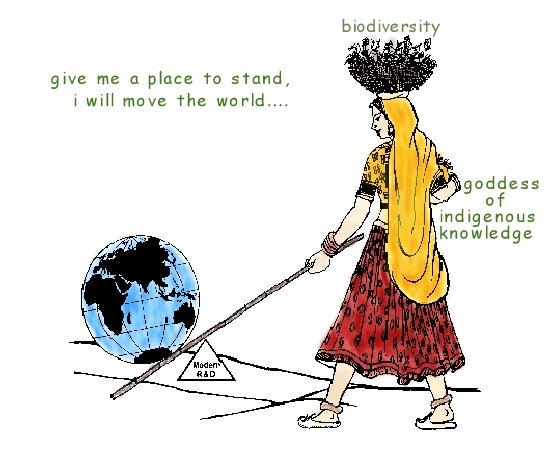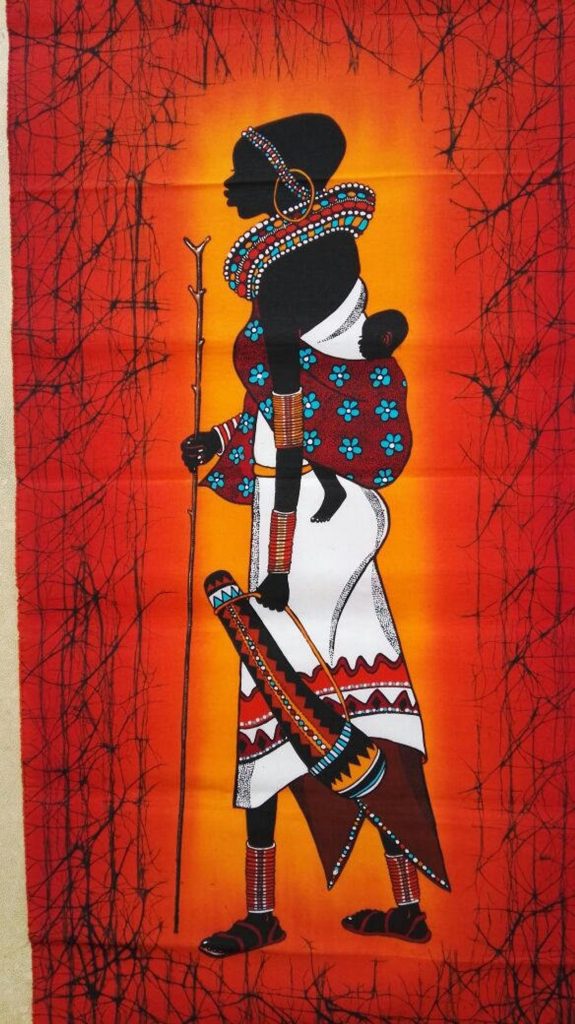Formal Recognition of Indigenous Data in AI: The Role of the WIPO Treaty on IP, Genetic Resources & Traditional Knowledge
Introduction Our global outlooks on emerging technologies are crafted through socio-technical interactions.1 This dictates relational dynamics between various stakeholders that involve “rights and obligations toward...
Read MoreCultural appropriation and recognition: The ARIPO Report on Cultural Festivals and Events
The image is from Etsy I. Introduction In 2019, ARIPO published a report on Cultural Festivals & Events around Africa. The report helps in creating awareness...
Read MoreAfrican Traditional Knowledge and Expressions of Folklore: Rethinking Swakopmund Protocol as a Model Law and Sui Generis System
By Michael Biko Butera* Introduction Traditional Knowledge (TK) is any knowledge originating from a local or traditional community that is the result of intellectual activity...
Read MoreDraft National Culture Policy in Kenya
The Constitution of Kenya recognises culture as the foundation of the nation and as the cumulative civilization of the Kenyan people and nation. Article 11...
Read MoreRecap: Day 1 of JKUAT Conference on Protection of Intellectual Property Rights
Nestled in the leafy suburbs of Karen lies Jomo Kenyatta University of Agriculture and Technology (JKUAT) School of Law on the outskirts of Nairobi. On...
Read MoreIntellectual Property and Genetic Resources, Traditional Knowledge and Folklore: Recent Developments in WIPO
Until recently, traditional knowledge (TK) and traditional cultural expressions (TCEs) were considered as belonging to the common heritage of humanity. As such, TK and TCEs...
Read MoreThe "Hoodia Cactus" and the Efficacy of Access and Benefit Sharing Agreements
By Wanjiku Karanja** The Hoodia Gordonii is a species of cactus originating from the Kalahari Desert of Southern Africa. The indigenous San people of Southern...
Read More

